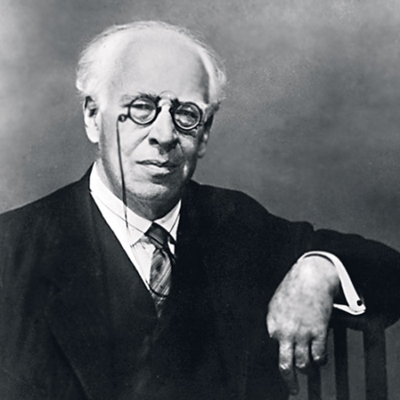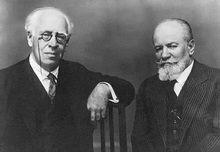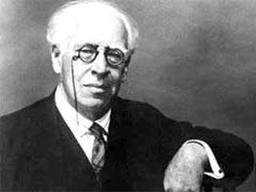Konstantin Stanislavski:
“Love the art in yourself, not yourself in the art”
(arranged by Carmichael Phillips)

(Konstantin Stanislavski)
“Love the art in yourself, not yourself in the art.”
This quote, from Konstantin Stanislavski, is a bit of a warning to actors not to get caught up in the trap of their own vanity. The actor, according to Stanislavski, must only be concerned with the art they produce, rather than their own image and hype.
He also believed that actors must focus on the inner workings of their character, rather than how their characters present themselves on the outside. To highlight this distinction, he often referred to his brand of acting as the “art of experiencing”, contrasting it to the “art of representation”, which was prevalent at the time.
In his day, actors were obsessed with an exterior, representational style of acting. For example, if the script called for an actor’s character to cry, actors were much more concerned with the way their character cried, rather than why their character cried.
For Stanislavski, the only way an actor could respond “naturally” and “organically” is if he focused on the why, and focused on experiencing the role. As he put it, “You must live the part every moment that you are playing it, and every time. Each time it is recreated it must be lived afresh and incarnated afresh.”
“You must live the part every moment that you are playing it, and every time. Each time it is recreated it must be lived afresh and incarnated afresh.”
His focus on the interior, rather than the exterior, was one of the reasons he refused to practice his lines in front of a mirror, a habit he had picked up earlier in his career. He believed that focusing on what you looked like when you performed diverted attention from what drives the performance in the first place.
Brief Bio

Konstantin Stanislavski (January 1863 – August 1938) was a Russian actor, master teacher and theatre director. His tireless work to unlock blockages that he thought limited his acting performances and those of actors whom he directed, led him to develop new acting strategies and techniques. These strategies, once organized, would go on to shape the way all actors would approach the craft.
For this reason, Stanislavski is widely considered the father of modern acting theory. With the emergence of his techniques, which became known as the “Stanislavski System”, Stanislavski focused on inner motives and subconscious behavior as the basis of performance, rather than external, physical and vocal behaviors. His system, a game-changer in the craft of acting, would form the basis for other popular acting techniques, such as the Meisner Technique, created by Sanford Meisner, and the teachings of legendary acting teachers like Stella Adler and Lee Strasberg.
You Might Also Like:
7 Basic Facts About Konstantin Stanislavski




